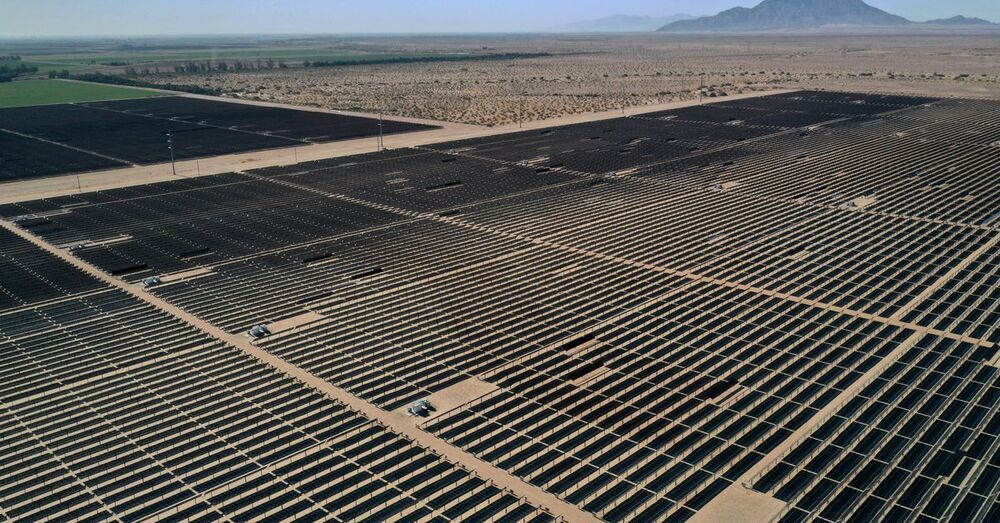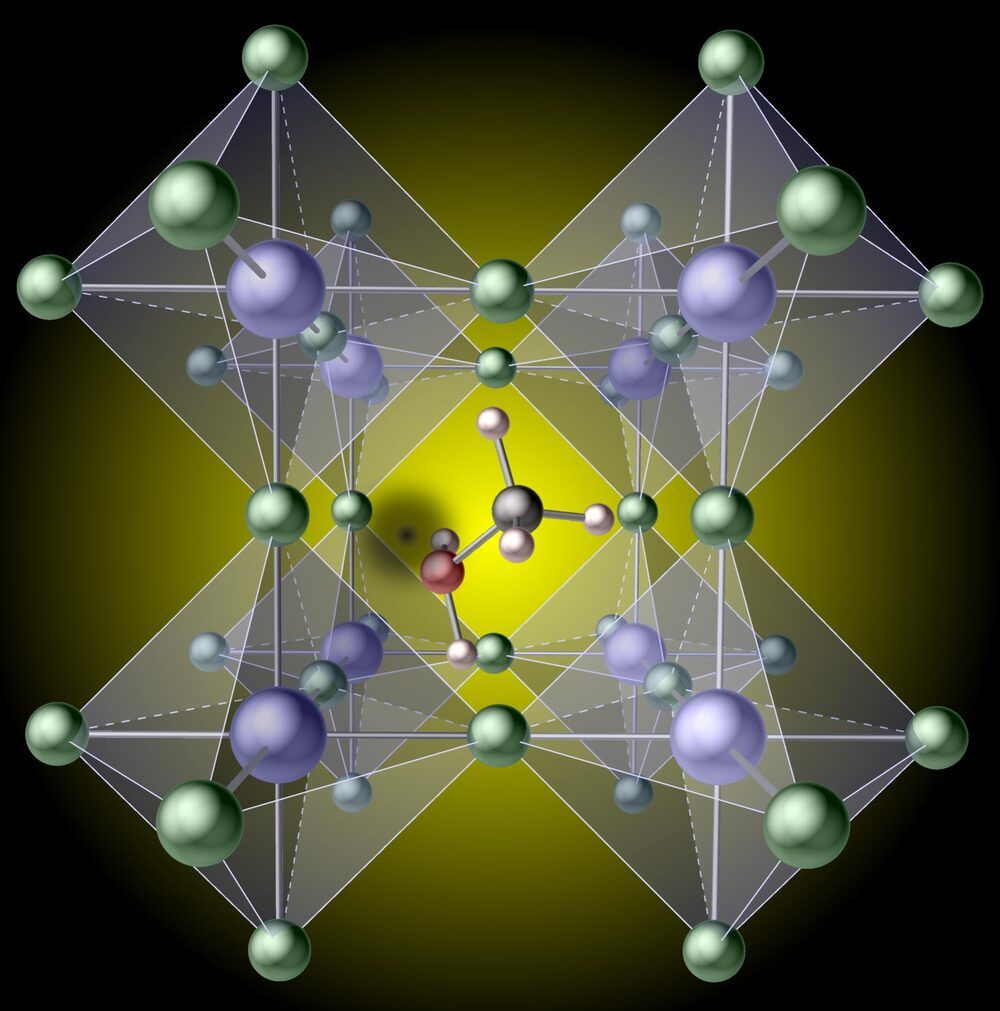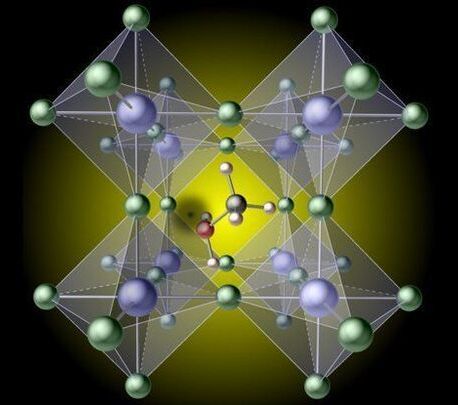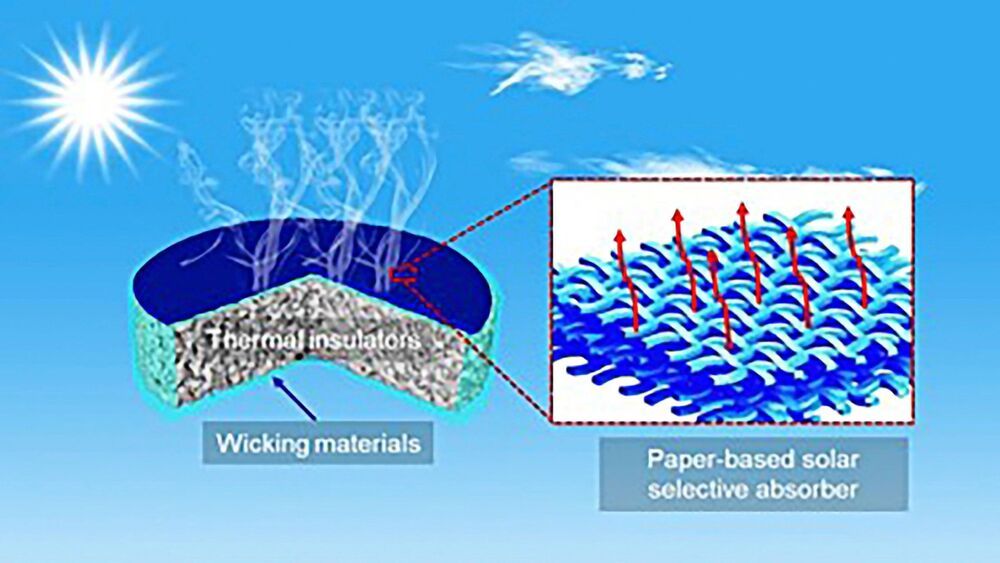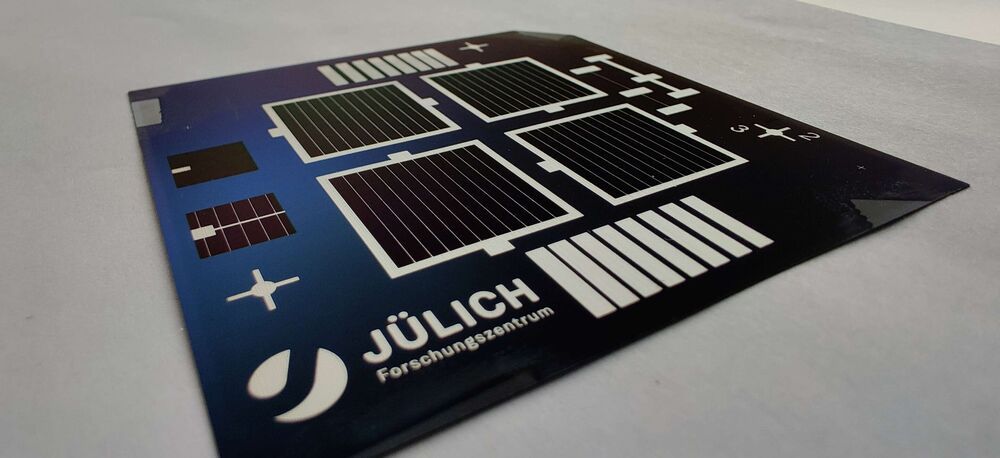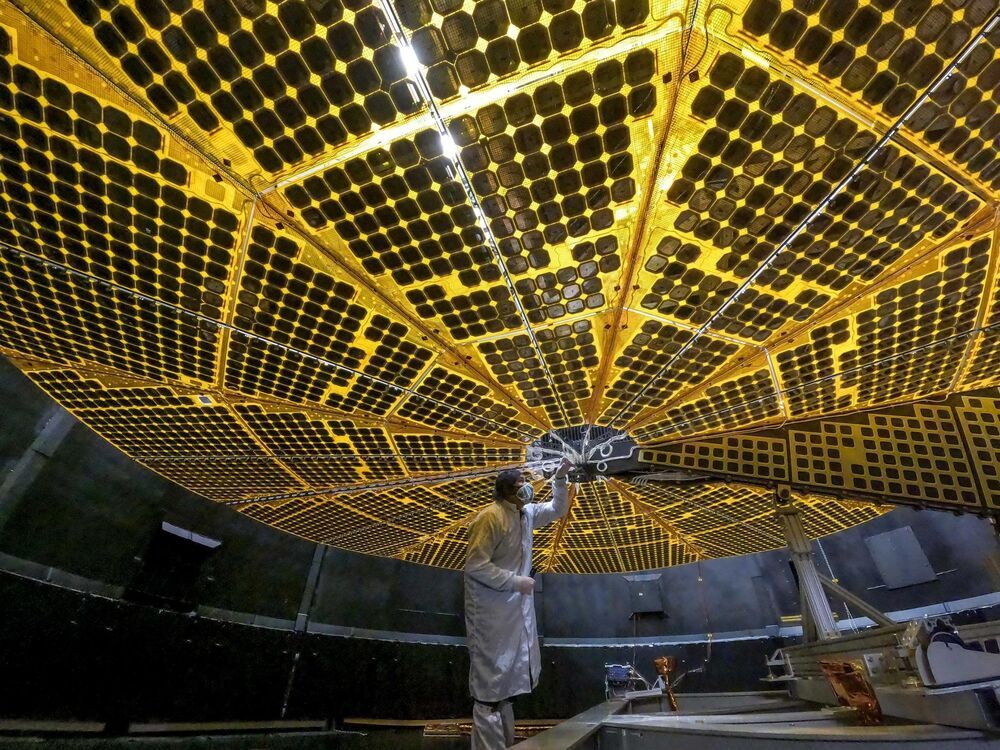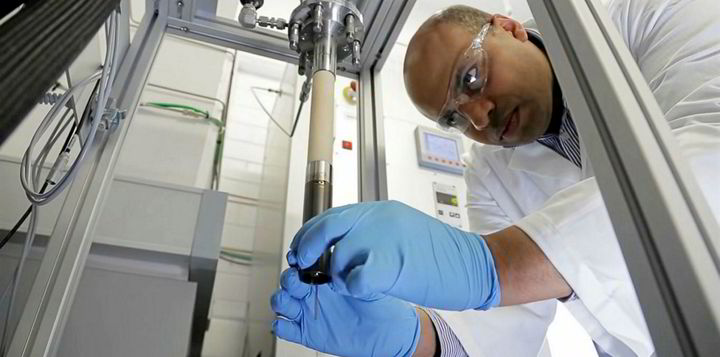The Biden administration on Monday said it has approved a major solar energy project in the California desert that will be capable of powering nearly 90000 homes.
The $550 million Crimson Solar Project will be sited on 2000 acres of federal land west of Blythe, California, the Interior Department said in a statement. It is being developed by Canadian Solar (CSIQ.O) unit Recurrent Energy and will deliver power to California utility Southern California Edison.
The announcement comes as President Joe Biden has vowed to expand development of renewable energy projects on public lands as part of a broader agenda to fight climate change, create jobs and reverse former President Donald Trump’s emphasis on maximizing fossil fuel extraction.
